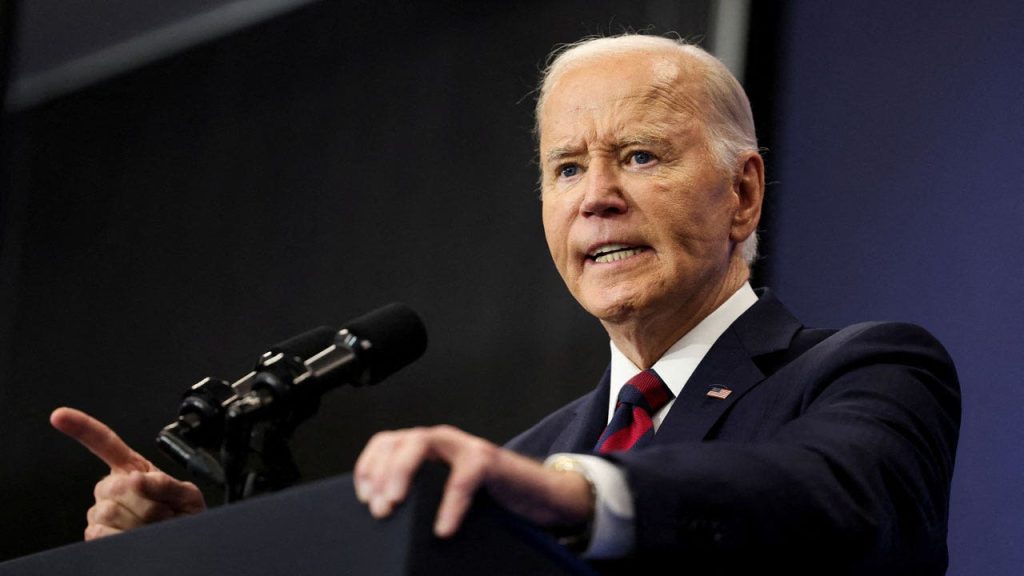President Biden’s veto of a bipartisan bill to expand the federal judiciary has ignited a debate over judicial appointments, efficiency, and political maneuvering. The legislation, which enjoyed broad support from legal organizations, aimed to create 66 new district judgeships over a decade, a move proponents argued was crucial to address case backlogs and improve access to justice. However, Biden’s veto effectively halts the bill’s progress, raising concerns about the future of the federal court system and the potential for increased politicization of judicial appointments.
The bill’s structure, designed to ensure neither political party gained an advantage, stipulated that three presidential administrations and six Congresses would participate in appointing the new judges. This long-term approach aimed to mitigate partisan influence and promote a more balanced judiciary. Despite this carefully crafted bipartisan approach, the White House expressed reservations about the bill, citing concerns about the allocation of judgeships and the lack of thorough consideration of existing judicial resources.
Biden’s veto message emphasized the need for further study before creating permanent, life-tenured positions. He questioned the House’s “hurried action,” suggesting it left unresolved issues regarding the distribution of judgeships and the impact of senior and magistrate judges on the need for new positions. This emphasis on a more deliberate approach underscores the administration’s caution in expanding the judiciary without a comprehensive understanding of its implications.
However, critics, including Senator John Kennedy (R-La.), view the veto as a politically motivated move, accusing the Biden administration of prioritizing partisan interests over the needs of the judiciary. Kennedy characterized the veto as a “last spasm of a lame-duck,” suggesting the administration’s reluctance stemmed from the prospect of a Republican administration appointing some of the new judges. This accusation highlights the inherent tension between the executive and legislative branches in shaping the judiciary and raises concerns about the politicization of judicial appointments.
The bill’s history further complicates the narrative. While it passed unanimously in the Democrat-controlled Senate, the Republican-led House only brought it to the floor after Trump’s reelection, suggesting a degree of political gamesmanship. This timing, coupled with Biden’s veto, reinforces the perception that judicial appointments are increasingly influenced by partisan considerations, potentially undermining the integrity and impartiality of the courts.
The veto effectively shelves the legislation for the current Congress, requiring a two-thirds majority in both chambers to overturn it – a highly unlikely scenario given the current political climate. The failure to pass this bipartisan bill raises questions about the future of judicial expansion and the ability of Congress to address the growing caseloads and delays plaguing the federal court system. It also underscores the increasing polarization surrounding judicial appointments and the challenges of finding common ground in an increasingly divided political landscape. The long-term consequences of this impasse remain to be seen, but it undoubtedly signals a potentially troubling trend for the future of the federal judiciary.

